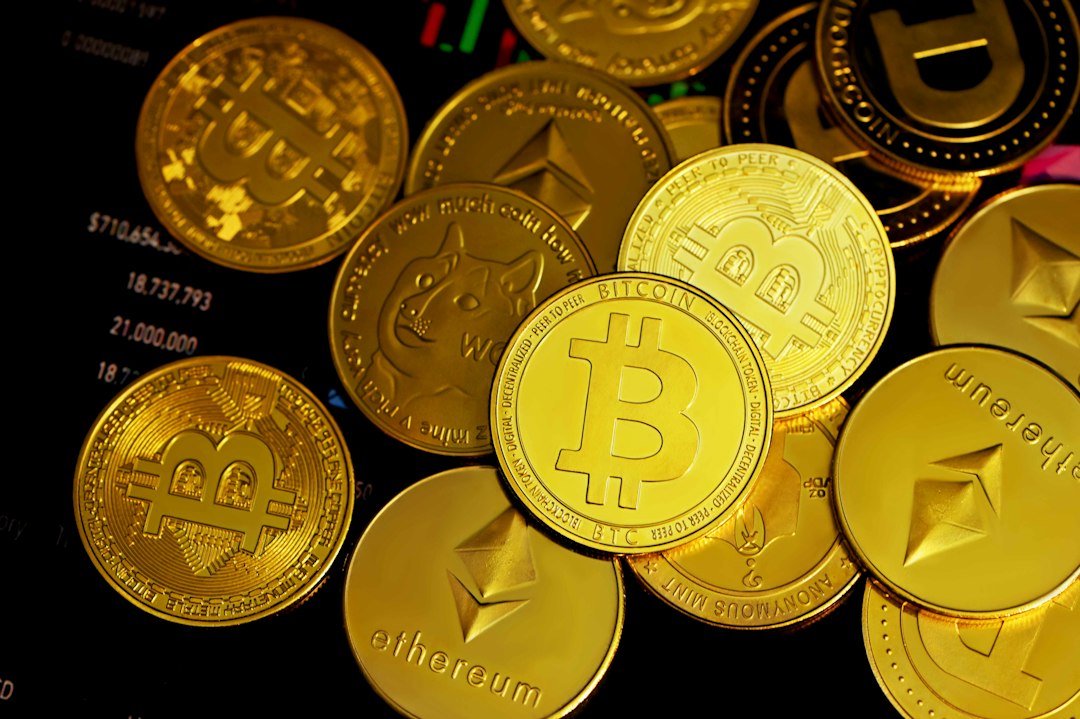DZ Bank Launches Digital Assets Custody Platform on Blockchain
DZ Bank, the third largest bank in Germany, has announced the launch of its own digital assets custody platform built on blockchain technology. The platform will cater to institutional clients and offer them crypto securities, including the crypto bond from Siemens. DZ Bank believes that distributed ledger technology (DLT) will play a significant role in capital market business within the next decade, and sees it as a complementary technology to existing infrastructures.
Expansion into Cryptocurrency Offerings
In addition to the custody platform, DZ Bank plans to offer institutional investors and private customers the ability to buy cryptocurrencies, such as Bitcoin, in the future. The bank has applied for a crypto custody license from the German Federal Financial Supervisory Authority (BaFin) to facilitate this expansion.
Industry-wide Interest in Crypto
The launch of DZ Bank’s custody platform follows similar moves by other traditional banks in Germany. Deutsche WertpapierServiceBank introduced its wpNex crypto trading platform earlier this year, granting access to the digital asset industry for 1,200 banks and savings banks in Germany. Asset management group DWS, majority-owned by Deutsche Bank, is also developing cryptocurrency exchange-traded products and other digital solutions for investors.
Regulatory Considerations
Commerzbank and DekaBank are among the other traditional banks seeking crypto custody licenses from BaFin, indicating a growing interest in cryptocurrency offerings among established financial institutions in Germany.
Hot Take: Traditional Banks Embrace Crypto Custody Services
With DZ Bank launching its own digital assets custody platform and other traditional banks following suit, it is clear that established financial institutions are recognizing the potential of cryptocurrencies and blockchain technology. By offering custody services and exploring cryptocurrency offerings, these banks are positioning themselves to cater to the growing demand for digital assets among institutional and private investors. This trend highlights the increasing integration of crypto into the traditional financial system, paving the way for further adoption and mainstream acceptance.





 By
By
 By
By
 By
By

 By
By